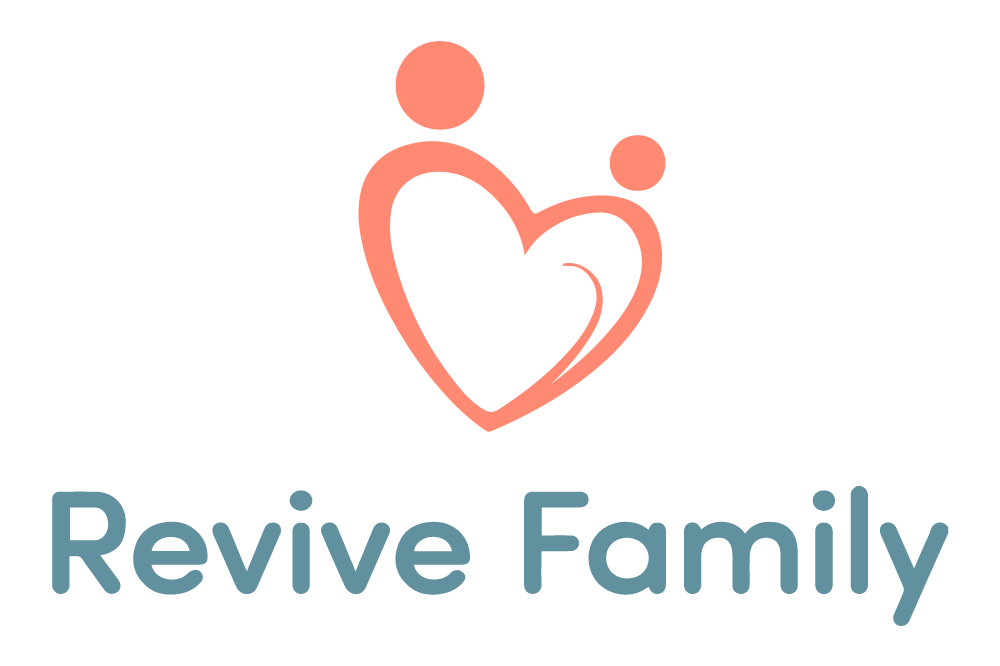How to Develop Emotional Communication to Help Your Six to Eighteen-Year-Old
When our children reach adolescence, as a result of the changes occurring within their brain development, they become more emotional. Children age 9 to 18 become more sensitive to the things we say and do. This is the reason I recommend that parents begin to ask emotionally focused questions with their children beginning as early as age six. This helps to establish communication before brain development begins to change.
Here are three questions I recommend parents ask their children periodically throughout adolescence, especially when parents notice changes in their kids’ routine and or volatility.
- How are you doing on the inside?
- How do you feel about yourself?
- Are there things we have said, are saying or doing that bother or hurt you?
When we ask these questions, we need to really listen to what our children are truly telling us.
Have you ever gone to someone to confide in them, and they only listened to a couple of your sentences, and then they tell you their “philosophical wisdom” on the situation, going on and on about their own experiences? They completely miss what was really going on with you. Do you remember how you felt towards that person? Did you feel shut off and frustrated? That could be what we are doing to our children when we don’t truly listen to what they are telling us.
I frequently find adolescents carrying hurt from the past. They have negative beliefs about themselves and are hurt from well-meaning messages we send to them that seemed harmless at the time. I find that these emotional hurts (hairballs) fester under the surface. They can damage our child’s outlook, motivation and behavior.
Here is an example of how a message can be received so completely different than we intended it to. The message that I sent to my 15-year-old daughter was well meaning, however her adolescent brain received the message in a way that hurt her, it festered within my daughter for a year resulting in meltdowns that were not typical.
Heather’s Story
 Heather our daughter was 15 years old when we noticed she was becoming more and more reactive. Little things could result in disproportionate emotional responses. One evening when I attempted to step in during a meltdown, Heather turned and exploded on me. Nothing like this had happened before. Her cutting words hurt and instead of approaching the situation in the manner Revive Family teaches I went to war with her and it got messy. After the damage was done, we stormed away from each other, both angry and hurt.
Heather our daughter was 15 years old when we noticed she was becoming more and more reactive. Little things could result in disproportionate emotional responses. One evening when I attempted to step in during a meltdown, Heather turned and exploded on me. Nothing like this had happened before. Her cutting words hurt and instead of approaching the situation in the manner Revive Family teaches I went to war with her and it got messy. After the damage was done, we stormed away from each other, both angry and hurt.
About an hour later, I asked her to sit and talk. We both began apologizing repeatedly to each other. After the apologies I asked her what was going on that lead to the recent eruptions? Her initial response was, “I don’t know.” I reminded her given all the changes we had made that “I do not know” was an opportunity to reflect, pray, and ask God for help in figuring out what is truly going on inside. After a couple minutes of reflection and prayer, she said, “I am just under so much pressure.”
When I asked her what pressure, she felt she was under, she said with a fair amount of emotion, “I have to get straight A’s!” When I asked her, “What makes you think you have to get straight A’s?” She said, “You told me I did.” This surprised me given what we teach parents. Instead of saying, “No I didn’t,” which I confess was my first thought, I instead asked her, “When did I tell you that?” She replied, “Remember when I brought my first report card home from school?” I said, “Yeah you had all A’s and one B, and I said great job, didn’t I?” She said, “Yes, but you also said I had the capability of being the class Valedictorian.”
She had taken that statement as an expectation, not an encouragement as I intended. This misunderstanding lead her to believe I expected her to get straight A’s. Combine this misunderstanding with the 80 colleges who contacted her during her sophomore year of high school as a result of her PSAT score and the need for financial assistance to help her with college tuition she concluded she needed to become a leader in multiple clubs and AP classes to help qualifier her for scholarships. As a result, Heather placed herself under enormous strain and pressure. This led to her increased sensitivity and emotional outbursts when she felt additional pressure or negativity from us. She was already feeling like a failure, even with the excellent grades and leadership roles.
With the changes we had made in our approach as parents this was out of the ordinary for her and caught us by surprise. I was able to come alongside her and see a peaceful resolution come about quickly. After talking through the issues and helping her know she was not expected to get straight A’s her outbursts ceased and we had our daughter back.
Communicate On An Emotional Level.
Prior to understanding the Revive Family way of interaction, I rarely communicated on an emotional level with my children. Instead I tried to motivate them to behave and make good decisions by focusing on giving them information and telling them what to do and how to do it. When I learned how to communicate on an emotional level, I found a better way to connect with and influence my children. Their behavior, attitudes and choices got better, and our relationships got much stronger.
If you’d like more information on what it means to be an Influential Parent please sign up today for our FREE parenting course: Influential Parenting Academy: https://www.rf.pinfiber.com/parenting-programs/





